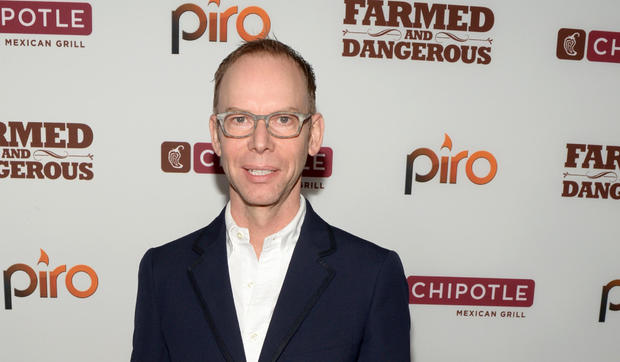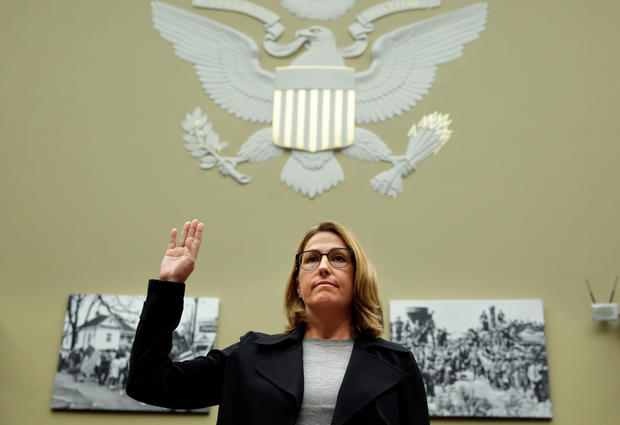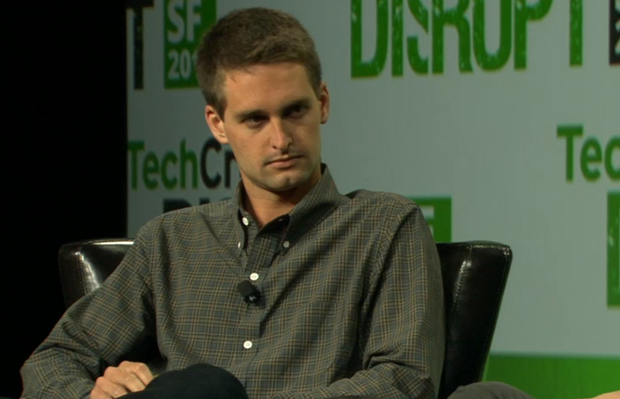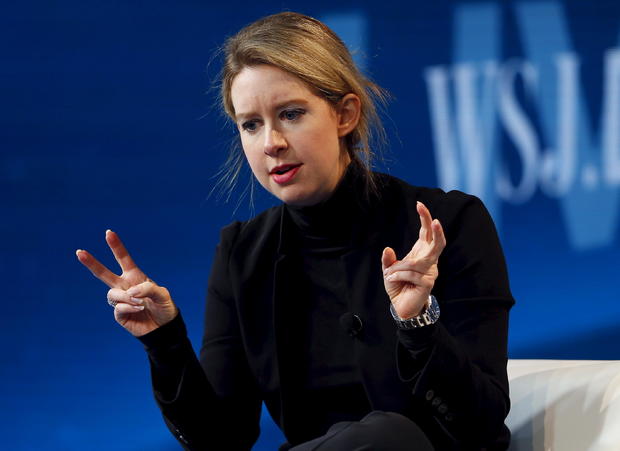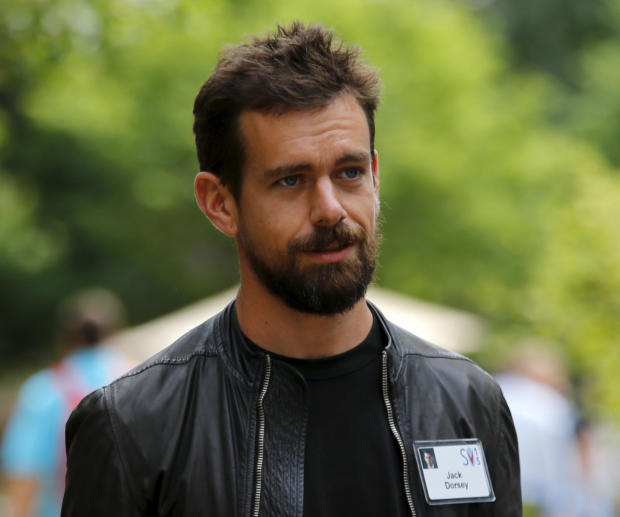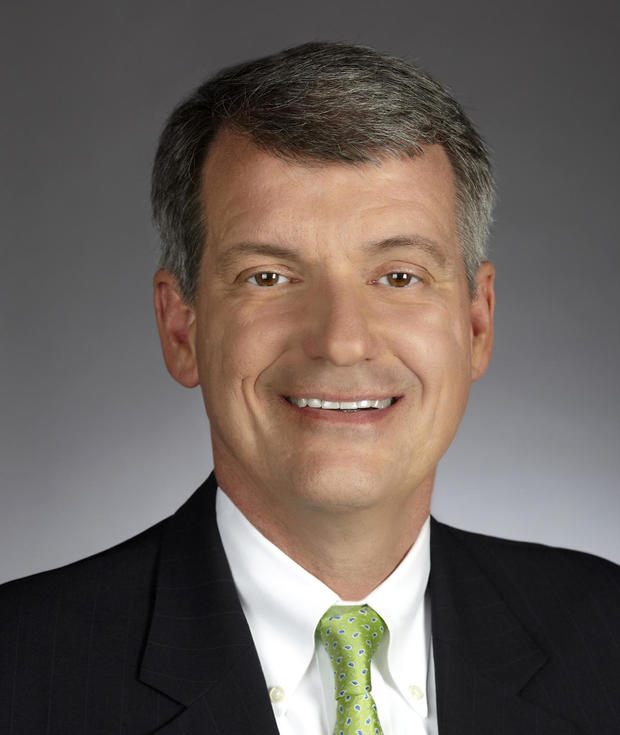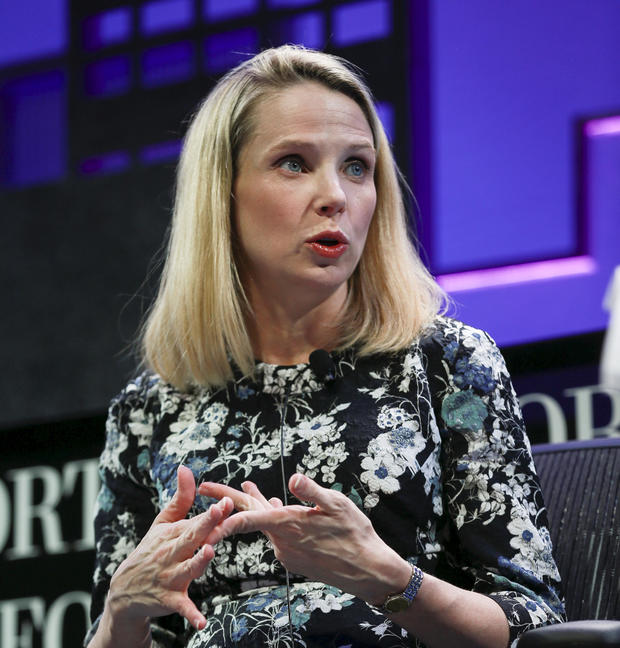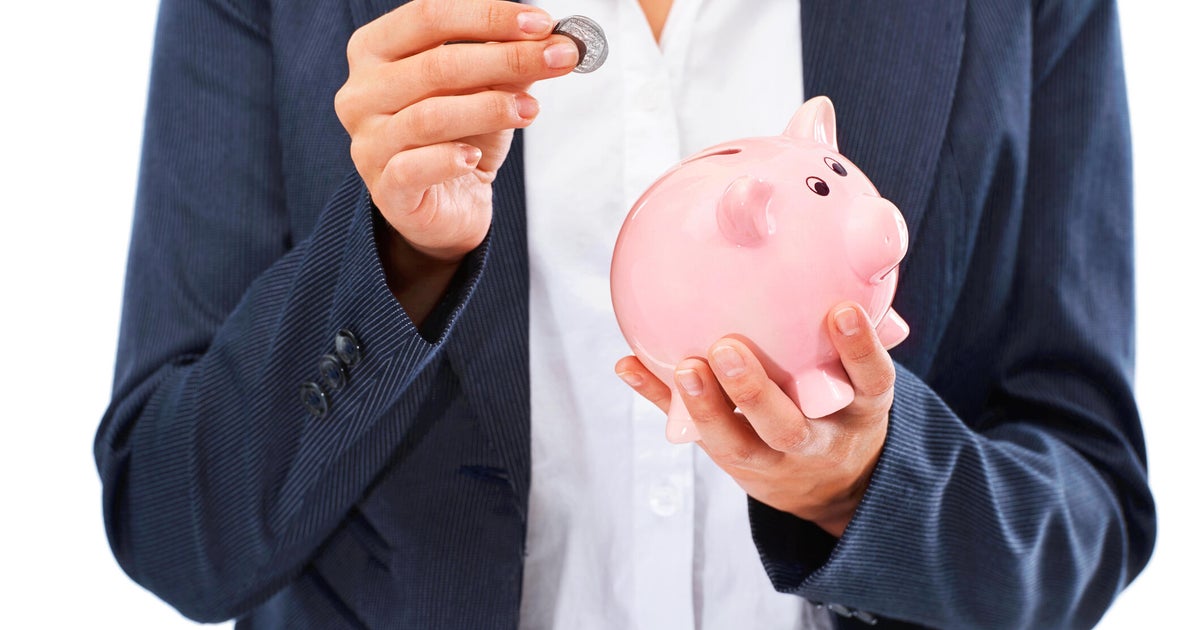7 CEOs in the hot seat for 2017
Trouble has knocked on the doors of seven U.S. corporations, and presents their chiefs with tall challenges as 2017 unfolds.
Some are scandals, such as Chipotle’s (CMG) food-poisoning mess and Wells Fargo’s (WFC) fake-accounts imbroglio. Others are business strategy weaknessess. Consider the widespread skepticism that Twitter (TWTR) will ever gain the traction it needs to join tech titans on the order of Facebook (FB) and Google parent Alphabet (GOOG).
Either way, the fear for these companies’ CEOs is that their brands will suffer irreparably. As investing guru Warren Buffett described corporate brand woes: “It takes years to build up a reputation, and it takes minutes to destroy it.” But companies under pressure are not necessarily in an inevitable downward spiral.
The ultimate success story of a damaged brand’s turnaround was that of pain-killer Tylenol, which suffered in 1982 when somebody slipped cynanide into tablets for sale in the Chicago area. Seven people died.
Tylenol’s manufacturer, Johnson & Johnson (JNJ), responded promptly by recalling 31 million bottles nationwide. J&J soon re-issued the product in tamper-resistant packages, and Tylenol recovered its lost market share in short order.
Key to overcoming such obstacles, corporate branding and marketing experts say, is to be forthcoming and to deal with the problems promptly. Barbara Kahn, a marketing professor at the University of Pennsylvania’s Wharton School, described the process this way on Wharton website’s: “J&J came out and said it cared about its customers. That’s what you do. You don’t want to be defending yourself.”
As we enter 2017, here are seven top executives in the hot seat this year:
CHIPOTLE MEXICAN GRILL: Steve Ells. Like a white cotton shirt splattered by a leaking burrito, the taint of Chipotle’s 2015 food safety crisis still mars the Mexican food chain. Chipotle once enjoyed renown for its fresh, affordable food, driving its rapid expansion across the U.S. and pushing its stock price up to nearly $750. Then hundreds of its diners fell ill across 15 states from E. coli and norovirus contamination.
Despite assurances from Ells that the company was taking aggressive steps to ensure its food was safe, many customers stayed away. Comparable sales on existing stores dropped more than 20 percent, as earnings this year dipped into the red in the first quarter and are still a fraction of their previous level. Chipotle’s stock price has been cut in half.
Ells, a trained chef who launched the company in 1993, recently took sole command as his co-CEO, high school pal Monty Moran, departed. In a conference call with analysts, Ells said he was beefing up food prep instruction and customer service, as well as refocusing Chipotle on what he described as its original mission.
“[T]he last year also revealed that running our restaurant has become overly complex. It’s ironic really because Chipotle is such a simple idea... But over time, we started to make running our restaurants more and more complicated,” Ells said in a December 12 conference call explaining the management change. “And on occasion, we lost sight of what really mattered: our customers. More specifically, we created so many distractions for our managers and crews that we were left with too little time to focus on delivering a great guest experience.”
Ells can at least draw encouragement from two other food chains that have been in a similar pickle. Both Jack in the Box (JACK) and Taco Bell, a unit of Yum Brands (YUM), surmounted food-borne illness ignominy in the past and went on to thrive.
MYLAN (MYL): Heather Bresch. The latest drugmaker to invite public and congressional wrath is Mylan, over the cost of its EpiPen, used to inject medicine to treat those suffering from life-threatening allergies. The device, which Mylan sold for $124 in 2009, had escalated in price to $609 by last May. Bresch argued at a hearing on Capitol Hill that high-deductible health plans were to blame and that the EpiPen was fairly priced.
In October, Mylan paid a $465 million fine to settle charges that it had overcharged the government for the product. Several states are suing the company and other pharma firms for price collusion. Bresch has tried to get beyond the uproar by bringing out a cheaper version of the EpiPen and boosting financial aid to customers who have difficulty paying for it. The stock has fallen 47 percent since last April.
SNAP: Evan Spiegel. The initial public offering buzz is strong around this high-tech darling, formerly known as Snapchat. The company, which lets users send online messages that soon disappear, has filed paperwork indicating that it values itself at $25 billion.
For IPOs, 2016 was a blah year, so Snap had better hope things pick up once it goes public, which could be as early as March. Other highly anticipated stock debuts in the tech field have recently disappointed investors, such as GoPro (GPRO) and Fitbit (FIT).
Spiegel is taking a firm to market that is unprofitable, though its revenues are rising. To some, that evokes echoes of the late-1990s dot-com mania. The company depends on advertising, but ad firms complain that Snap is overcontrolling about ad content and that it takes too long to get the OK to appear on the platform.
THERANOS: Elizabeth Holmes. The privately held medical testing company stepped into the mire in 2015 when clients and the government charged that its much-touted blood testing machines didn’t work. Instead, Theranos used traditional testing devices rather than its supposedly revolutionary technology.
In July, drugstore giant Walgreens, a major site for its tests, cut ties with Theranos. State and federal investigations followed. Holmes has denounced findings that Theranos’ products were not effective, saying the allegations were “unfounded.”
As a comeback, Holmes has pushed a new machine, called a miniLab, which is touted as able to analyze small amounts of blood. But resuscitating Theranos won’t be easy, given the entrepreneur’s wounded reputation and that the federal government has banned her from owning or running a medical laboratory for two years.
TWITTER (TWTR): Jack Dorsey. The microblogging provider is the public-outreach venue of choice for President-elect Donald Trump, a PR plus. But elsewhere, all is not well. Twitter’s revenue growth has slowed. Six of its top 10 executives have left. Its stock is down by a third. A bug in its new Android app inflated ad campaign metrics, according to published reports, and the company was forced to issue refunds to advertisers.
Dorsey tried to sell Twitter to Alphabet and other big companies, but they rebuffed him. Many doubt its business model and question its growth prospects. There are complaints that Twitter is too complicated to use. In November, Dorsey and several million users were shut out of their Twitter accounts due to a technical glitch, a humiliating turn of events.
Dorsey has fought back by, among other things, no longer counting links and photos against the 140-character limit of a tweet, freeing up more space for text. But he still draws ire for wearing two CEO hats, dividing his time. The other is at payments processor Square (SQ).
WELLS FARGO (WFC): Tim Sloan. Corporate pratfalls don’t get more embarrassing than this. In September, Wells admitted that its employees had opened millions of new accounts of customers without their knowledge, in an effort to meet stringent sales quotas. Depositors paid fees they didn’t authorize for credit cards and other services they didn’t know they had. Some saw their credit scores wrecked as a result.
Thousands of bank staffers have been fired for not meeting the sales goals. The bank had to pay a $185 million federal fine for the offense.
Amid the uproar, longtime CEO John Stumpf stepped down. Now it’s up to his successor, Tim Sloan, to right the ship, starting with the lender’s ethics.
“There are things that we need to fix within our culture, and weaknesses must be addressed,” he said at a December 6 financial services conference. “And although the sales practice issues were in retail banking, our entire company is focused on building a better Wells Fargo that includes surveying team members to understand their views on our approach to ethics and integrity.”
Although Sloan has spent 29 years at Wells, he has not worked in the now-besmirched retail division. The new chief pledges to refund customers for improper fees. Meantime, its stock is down 30 percent, amid a rally for other banks’ shares after Mr. Trump’s victory.
YAHOO (YHOO): Marissa Mayer. The woebegone internet portal endured another public thrashing after news surfaced that it had suffered a massive hack 2013, compromising account information for 1 billion users. This was the second major breach to come to light.
That immediately put into doubt the pending $4.8 billion buyout by telecom giant Verizon (VZ). Yahoo’s stock, which had recovered somewhat over the past couple of years amid acquisition rumors, sank anew after the hacking disclosure. There were reports that Verizon might scotch the deal.
That would be the final affront for the once highly regarded Mayer, who has striven to revamp Yahoo. The company still boasts a large user base and well-trafficked sites for such things as finance and sports. But at least she would get a big parting package, reportedly as much as $44 million.
